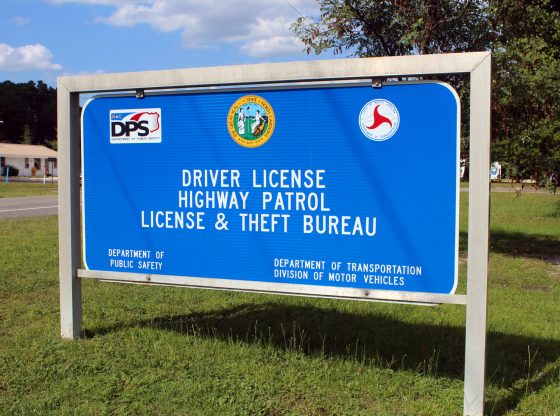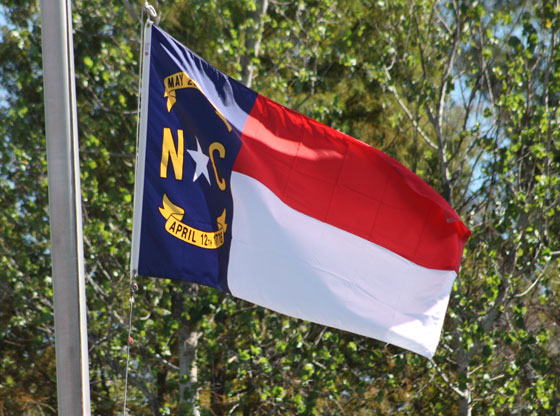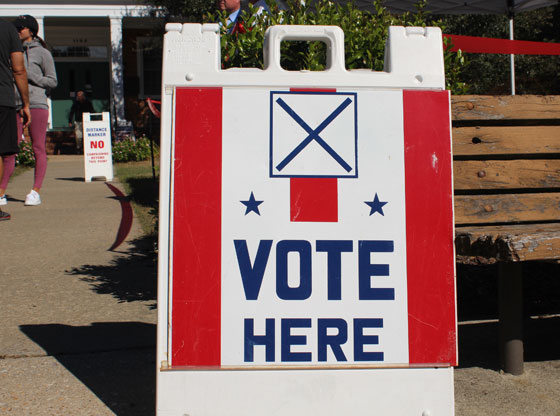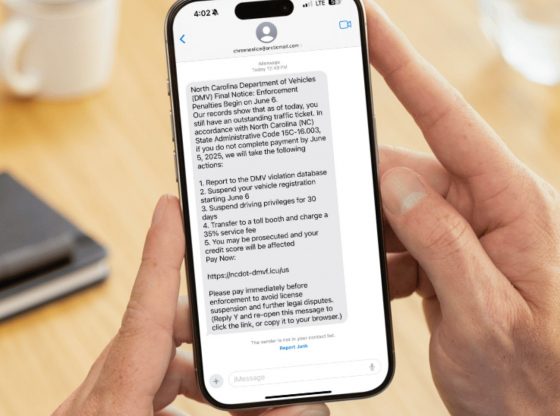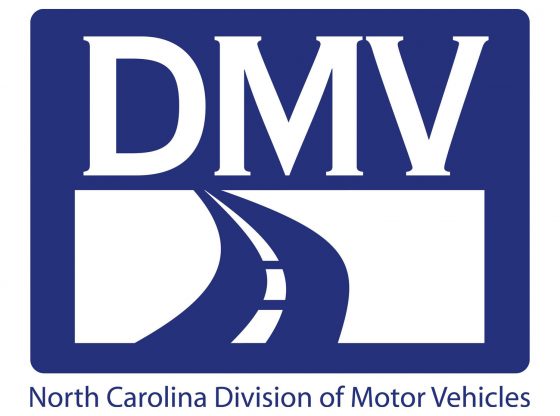RALEIGH, N.C. (AP) — North Carolina would further expand school choice programs and increase the number of people who could have criminal records erased under bills that won Senate approval Wednesday as lawmakers passed a key milestone during their two-year session.
The “crossover” deadline, when most bills unrelated to spending or taxes must pass one chamber or remain dormant until 2021, wasn’t as harried as in previous sessions. Although the legislature’s self-imposed deadline was actually Thursday, the House wrapped up its pre-crossover work Tuesday .
Still, scores of bills cleared the GOP-controlled House or Senate over the past week, including 15 Senate measures on Wednesday.
SCHOOL VOUCHERS
Senate Republicans advanced a measure relaxing standards for North Carolina’s programs in which tax money helps families send children to private or parochial K-12 schools and enables children with disabilities to receive intensive services.
The most significant changes would raise the income cap to qualify for the Opportunity Scholarship program, which gave more than 9,600 students scholarships of up to $4,200 in tuition this school year. For example, a family of four would qualify if they make up to about $71,500, senators said, compared to a little over $63,000 currently. A cap on kindergarten and first-grade recipients equal to 40 percent of the annual scholarship funds would be eliminated.
The changes “ultimately lead to just really expanded access for more working families to benefit from these scholarship programs,” said Sen. Deanna Ballard, a Watauga County Republican.
But Democrats who oppose Opportunity Scholarship “vouchers” said income eligibility changes would skew benefits to wealthier families at a time when the program is already overfunded. And the bill doesn’t increase oversight of private schools that benefit, said Sen. Natasha Marcus, a Mecklenburg County Democrat.
“Instead, we’re finding a creative way to spend it on this program and play keep-away from public education,” Marcus said before the largely 27-18 party-line vote.
VIRTUAL CHARTER SCHOOLS
Enrollment caps in the state’s two online charter schools would be eliminated. The Senate proposal pitted senators promoting school options for more students against those skeptical of the virtual charter school performance.
The General Assembly agreed to a virtual charter school pilot program in 2014. The N.C. Connections Academy and N.C. Virtual Academy are now operating. The measure removes an enrollment cap of almost 2,600 students per school and now allows them to continue to grow by 20 percent annually.
Democrats complained the schools haven’t performed well, earning “D” grades on the state’s A-F school report card system.
“You should vote against this bill because virtual charter schools give charter schools a bad name,” said Sen. Jay Chaudhuri, a Wake County Democrat. The bill passed 25-18.
SECOND CHANCES
More people may soon qualify to have criminal records erased thanks to a bipartisan bill approved unanimously loosening requirements on the process. Offenders with multiple nonviolent misdemeanor or low-level felony convictions would be eligible to have them expunged, regardless of age.
The “Second Chance” bill, backed by a wide range of groups across the political spectrum, also expands expunctions for misdemeanors and some low-grade felonies committed by 16- and 17-year olds. Currently, only nonviolent, first-time convictions are eligible for expunction.
The measure comes two years after the state agreed to raise the age for automatic prosecution as an adult to 18 and a few months after President Donald Trump signed legislation focusing on criminal justice reform and lowering recidivism rates.
Supporters say the measure would remove barriers that prevent long-ago offenders from getting jobs or accessing housing.
WHAT’S AHEAD
With crossover now complete, the General Assembly’s focus returns to the state budget. Senate Republicans hope to pass the chamber’s two-year government spending plan during the last week of May, Majority Leader Harry Brown of Onslow County said. The House approved its budget last week.
Some measures that didn’t get passed by the deadline could resurface, potentially by adding spending or fee provisions that would exempt them from the crossover rule. They include a House measure that would financially punish local governments that enforce “sanctuary city” immigration policies and a Senate measure that seeks to bar wind energy projects across a wide swath of eastern North Carolina.
Copyright 2019, The Associated Press. All rights reserved.
File photo of American and North Carolina flags at Aberdeen Lake ~ Sandhills Sentinel.






